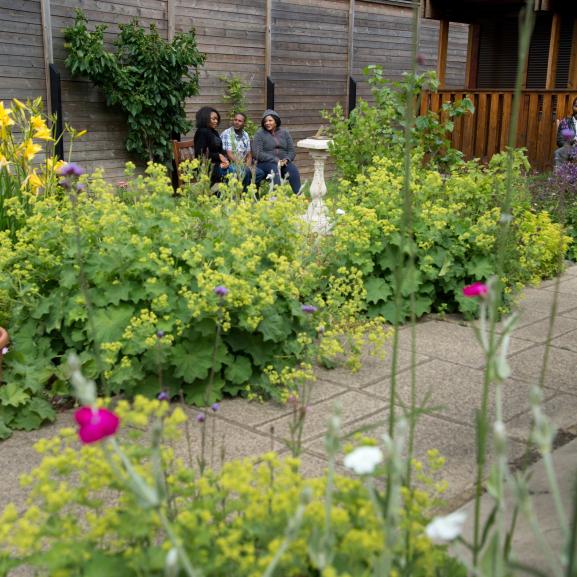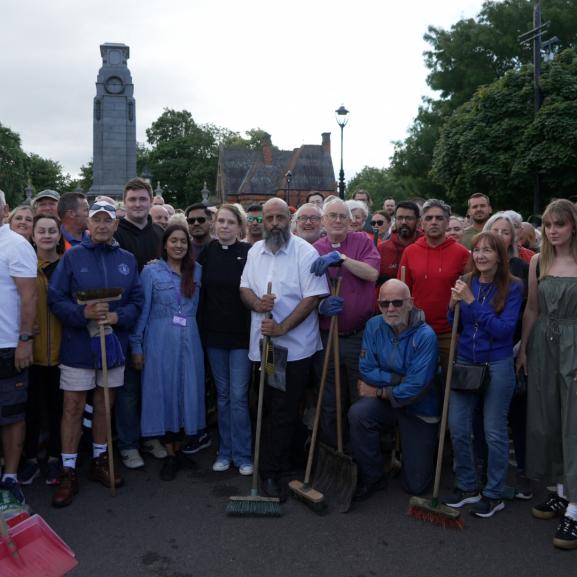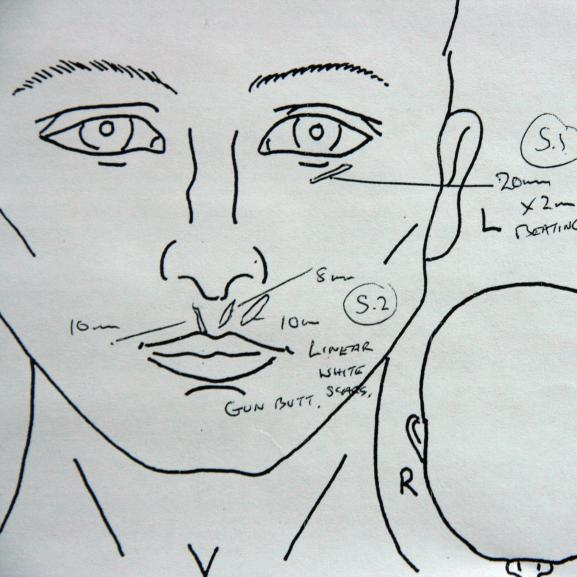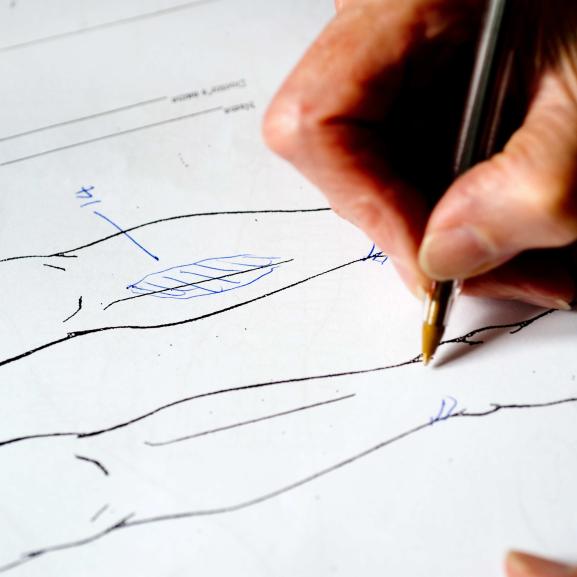Torture survivors' charity verifies Roma persecution
Expert forensic medical evidence gathered by Britain's only organisation dedicated to helping victims of torture and organised violence verifies accounts of persecution of eastern European Roma, it was revealed today .
Sherman Carroll, director of public affairs at Freedom from Torture says they has seen at least 25 Roma clients in recent years. Their countries of origin include Bulgaria, the Czech Republic, Poland, Romania and Slovakia.
"They came to Freedom from Torture for help with physical and psychological problems resulting from torture and ill-treatment," he says.
The pattern of abuse toward this group shows that half were beaten by police, often at a police station, but that the Roma victims were not usually detained afterwards. A quarter were women who had been raped by local men, sometimes on several occasions. Slightly more than a quarter were men and women who were beaten up by local people described variously as "youths", "skinheads" and "sports fans". Complaints to police were ignored.
Mr Carroll says that the Roma seen by Freedom from Torture substantiate the existence of serious human rights abuses.
"Given the forensic evidence gathered by Freedom frmo Torture in relation to our Roma clients there can be no doubt that Roma face persecution in several parts of Europe," says Mr Carroll.
Cases
Mrs 'A' is a Bulgarian Roma who worked for many years as an administrator, and her husband had a small holding. Her husband was assaulted in the street repeatedly after the fall of the totalitarian regime, and Mrs A was kicked whenever she was with him. Then in 1995, four masked men broke into her home and raped her. The following day she went to a woman police doctor, who refused to examine her. When she went to the police station to try to report the rape, they ignored her.
Mr 'B' is a Polish Roma who worked on building sites. He gave a history that over about six years the local youths became more and more intimidating as they grew up. He was first assaulted by them in 1994, when four surrounded him in the street as he walked home from work, pushing him to the ground and kicking him. Over the next three years they assaulted him on several occasions. Whenever he complained to the police they did nothing, and the next time the youths saw him they told him not to report them again. Finally they broke into his house, beating Mr B unconscious and destroying the interior. Following this he fled with his family.





